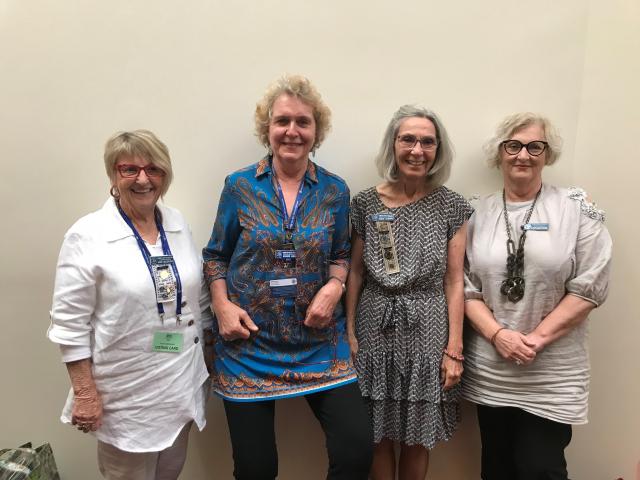At the state-wide Queensland CWA conference in Toowoomba, Tewantin-Noosa branch joined forces with Eumundi branch to support QCWA’s motion on advocating for more affordable housing, especially for older women.
Tewantin-Noosa also supported Eumundi’s addition of an important clause – advocacy to prevent women ageing into poverty and homelessness.
The motion was carried unanimously with applause by CWA conference participants from all over Queensland.
Tewantin-Noosa branch president Leigh McCready said, “Affordable housing is one of the key issues facing women in Noosa Shire, since house prices and rents have skyrocketed. Our CWA branch lost a wonderful contributing member because she could no longer afford to rent her Tewantin home.”
Janet Millington, president of the Eumundi branch, said, “Providing affordable housing only addresses the final symptom of a raft of problems. It is essential to address the root cause.”
Jennifer Gleeson, Tewantin-Noosa vice president who seconded the amendment, later said, “It’s about preventing the descent of older women into poverty.”
Stephanie Ryder, QCWA Eumundi branch advocacy chair and co-author of the research paper Queensland Women at Risk of Aging into Poverty and Homelessness – How Should We Respond?, warned, “We are already seeing a tsunami of women – the girls of the 1950s,1960s and 1970s – facing poverty and homelessness. If we do not take action in addressing the causes that overpowering wave will be followed by an even larger one as the girls from the 1980s and the 1990s begin their journeys into aging and potential poverty and homelessness.”
Ingrid Jackson, Tewantin-Noosa vice president, added, “Whenever governments make policy decisions, we encourage them to consider the impacts on women. For example, women are more likely to be casuals, yet JobKeeper did not apply to many casuals. Instead the government encouraged people to dip into their superannuation. A large number of women, who in the first place had less superannuation than men, now have nothing for their old age. Such unintended consequences must stop.”








